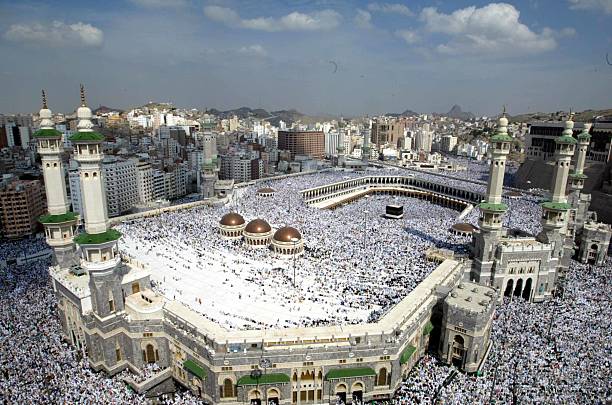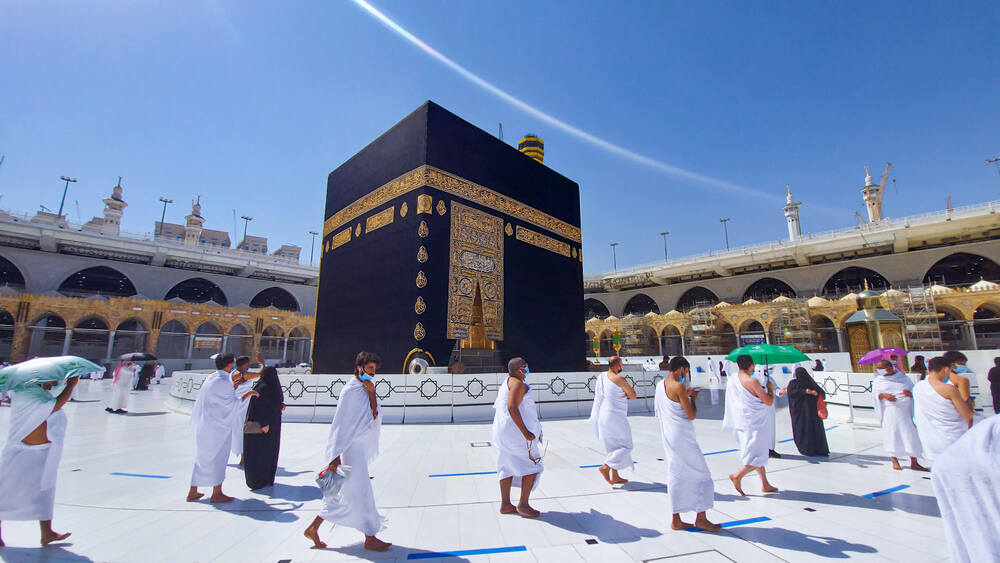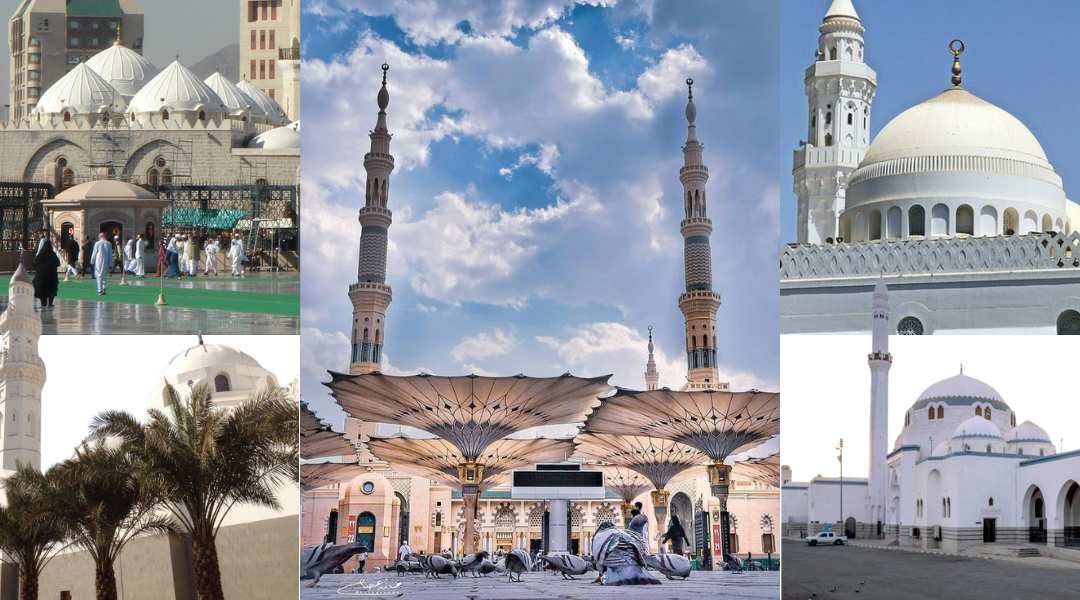The time between Ramadan and hajj is significant in Islamic tradition, and the logic of performing Umrah during this period is based on religious, practical, and spiritual factors.
Spiritual momentum
Ramadan is recognized as the holiest time in Islam, distinguished by intense dedication, abstinence, and reflection. By the month’s end, Muslims often experience a revitalized spiritual vigor following their dedication to extra prayers, Quran recitation, acts of charity, and seeking forgiveness. Performing Umrah during this time can help to continue the spiritual development experienced during Ramadan. It enables pilgrims to maintain their concentration on devotion, repentance, and purification. From a spiritual perspective, Ramadan is seen as an opportunity to utilize the emotions of renewal and purification experienced during this holy month. Similarly to how fasting during Ramadan purifies the soul, umrah is also a means of spiritual cleansing, during which believers seek forgiveness and blessings from Allah. Going to Makkah during Ramadan enhances the sense of connection to Allah that is fostered during this period. A lot of pilgrims believe now is the perfect moment to solidify the spiritual growth achieved during Ramadan, guaranteeing that the good habits and mentality formed during the fasting month continue. Moreover Prophet Muhammad (peace be upon him) highlighted the great reward of Umrah, especially when done alongside Hajj, by stating that performing Umrah correctly can erase sins committed between the current and previous Umrah. Completing Umrah post-Ramadan, prior to Hajj, allows for purifying the soul and getting ready spiritually for the remainder of the Year
Less crowded than Ramadan and hajj
Millions of pilgrims swarm the sacred sites of Makkah and Madinah throughout Ramadan and the hajj season. In Ramadan, especially during the final 10 days, the crowds increase as individuals aim to receive the blessings of Laylat ul-Qadr (the night of decree). In the same way, more than two million pilgrims gather each year during the hajj season, and the larger number of people performing the rituals at the same time creates a tense atmosphere. On the other hand, the period following Ramadan and preceding the hajj season experiences much lower levels of congestion. This period of calm and quiet enables a more tranquil and peaceful environment, as there are fewer individuals engaging in tawaf or sa'i. The calmness enables pilgrims to complete the Umrah rituals at a leisurely and thoughtful speed, free from the hurry often experienced during crowded times. In this smaller setting, people can concentrate on their spiritual bond with Allah, perfect for those looking to escape the crowds and stress of usual busy pilgrimage times.
Spiritual preparation for hajj
For a lot of Muslims, doing Umrah now is a way to get ready for hajj. Even though Umrah is not a requirement before hajj, it involves similar rituals like wearing ihram and completing tawaf and sa’i. Pilgrims can get acquainted with the holy sites, logistics in Makkah, and the rituals by doing Umrah before hajj during the less crowded months. This encounter can aid in easing the worry or doubt that new pilgrims may have when it comes to participating in hajj, given that hajj includes a wider range of ceremonies. For instance, a pilgrim who has finished Umrah might feel more at ease and surefooted when dealing with the bigger groups and extra ceremonies of hajj. This pre Umrah can act as a trail for hajj, helping pilgrims focus on the spiritual side rather than logistical issues.
Easier travel arrangement
From a practical perspective, the time after Ramadan and before hajj provides multiple logistical benefits. During this period, planning for travel and accommodation can be much simpler to handle. Plane tickets to Saudi Arabia are usually cheaper and more accessible than the high costs and increased demand experience during Ramadan and the hajj period. During low season, an accommodations in Makkah and Madinah, which are usually scarce during busy pilgrimage times, are more easily obtainable. Hotels, transportation, and basic services such as food and guided tours are frequently less busy, resulting in a more relaxed and convenient experience for tourists. This time frame also provides improved choices for individuals desiring to extend their stay in Makkah and Madinah for more devotion and contemplation, free from the constraints of limited availability or overly crowded lodgings. Numerous pilgrims appreciate the decreased logistical challenges which allow them to concentrate on the spiritual aspects of Umrah instead of dealing with travel complications or expensive accommodations.
Reward and spiritual merit
During Ramadan, Umrah is considered as equivalent to performing hajj with the prophet (PBUH), but performing Umrah at any other time of the year is also very rewarding. Engaging in Umrah after Ramadan and before hajj enables Muslims to make the most of their worship during a peaceful time, following one act of devotion (Ramadan) and preceding another significant act (hajj). This establishes a spiritual pattern for individuals who can complete Umrah and hajj within the same year. Umrah holds great significance for those unable to do hajj, offering a chance for sin expiation and seeking Allah’s forgiveness in a sacred location. In addition, during this time, pilgrims can experience a feeling of uniqueness and dedication, as they are not restricted by the organized ceremonies of hajj, enabling a more individual and adaptable worship encounter. Performing Umrah after Ramadan and before hajj is strongly based on combining spiritual, practical, and logistical benefits. It enables Muslims to continue the spiritual energy from Ramadan, get ready for hajj, steer clear of large crowds, and handle travel with more convenience, all while participating in a deeply fulfilling act of worship.





